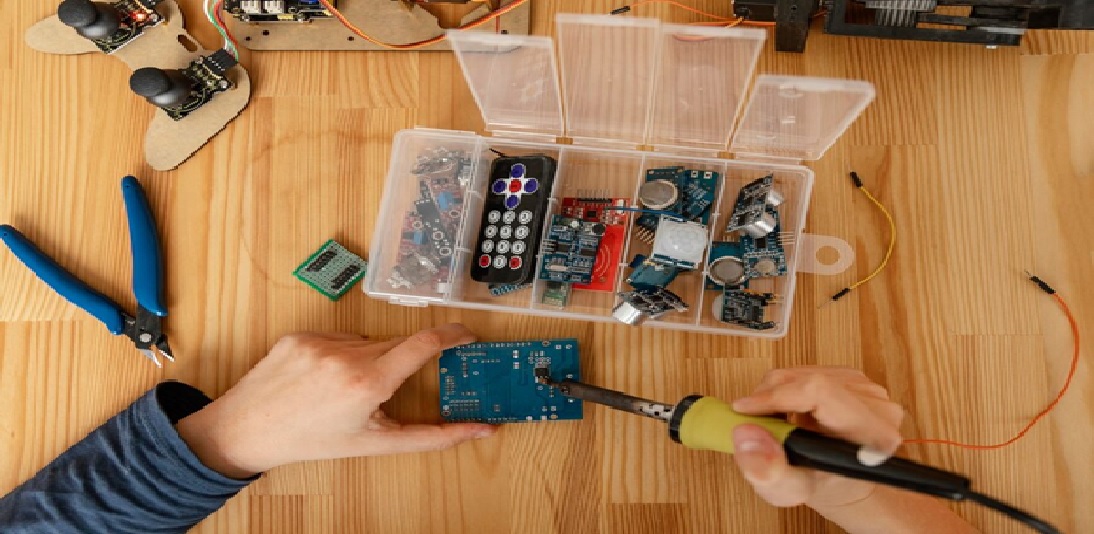Innovative approaches are reshaping how materials are recovered and reused in electronics recycling. From Security Destruction Solutions to advanced methods in copper recycling, the industry is evolving rapidly to meet the challenges of sustainability and resource efficiency.
Security Destruction Solutions
Security Destruction Solutions play a crucial role in electronics recycling, particularly concerning data privacy and compliance. With the proliferation of electronic devices, ensuring that sensitive information is securely erased or destroyed has become paramount. Companies specializing in this area employ advanced techniques to render data irrecoverable, thus safeguarding against potential breaches and identity theft.
Innovative technologies such as data wiping software and physical shredding ensure comprehensive data destruction. These methods not only comply with regulatory standards but also reassure consumers and businesses that their information remains protected throughout the recycling process.
The Rise of Circular Economy Models in Electronics
A significant shift in electronics recycling is towards circular economy models. Unlike traditional linear approaches, where products are disposed of after use, circular economy principles emphasize the continual use of resources through recycling and reuse. This approach reduces waste, conserves natural resources, and minimizes environmental impact.
Leading electronics manufacturers are adopting closed-loop systems, where materials from end-of-life products are recovered and reintegrated into new manufacturing processes. This not only reduces the demand for virgin materials but also lowers energy consumption and greenhouse gas emissions associated with extraction and production.
Innovations in Copper Recycling Techniques
Copper recycling is a key focus area within electronics recycling due to the metal’s high conductivity and widespread use in electronic components. Innovations in recycling technologies have enabled more efficient extraction and purification of copper from electronic waste.
Advanced separation techniques, such as electrostatic separation and hydrometallurgical processes, are enhancing the recovery rates of copper from complex electronic devices. These methods are not only environmentally friendly but also economically viable, making copper recycling a lucrative endeavor for recyclers and manufacturers alike.
Sustainable Practices and Environmental Benefits
The adoption of sustainable practices in electronics recycling is yielding significant environmental benefits. By diverting electronic waste from landfills and incinerators, recyclers reduce the release of harmful substances into the environment, such as heavy metals and toxic chemicals.
Furthermore, recycling conserves valuable resources that would otherwise be lost. Recovering metals like copper, gold, and silver from electronic waste reduces the need for mining and extraction, which can have detrimental ecological consequences. This contributes to biodiversity conservation and promotes a more sustainable approach to resource management.
Technological Advancements Driving Efficiency
Technological advancements play a pivotal role in enhancing the efficiency of electronic recycling processes. Automated sorting systems utilizing artificial intelligence and machine learning algorithms can identify and segregate different types of electronic waste more accurately and efficiently than manual methods.
Robotics and automation further streamline disassembly and material recovery processes, reducing labor costs and increasing throughput. This not only improves operational efficiency but also ensures higher purity levels in recovered materials, enhancing their value for subsequent manufacturing applications.
Conclusion
The landscape of electronics recycling is evolving with innovative approaches to material recovery and resource conservation. From Security Destruction Solutions ensuring data privacy to advancements in copper recycling techniques, the industry is at the forefront of sustainable practices and technological innovation.

